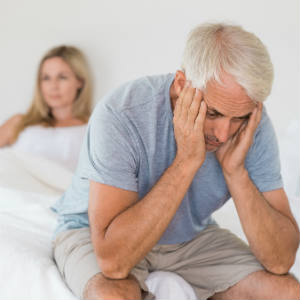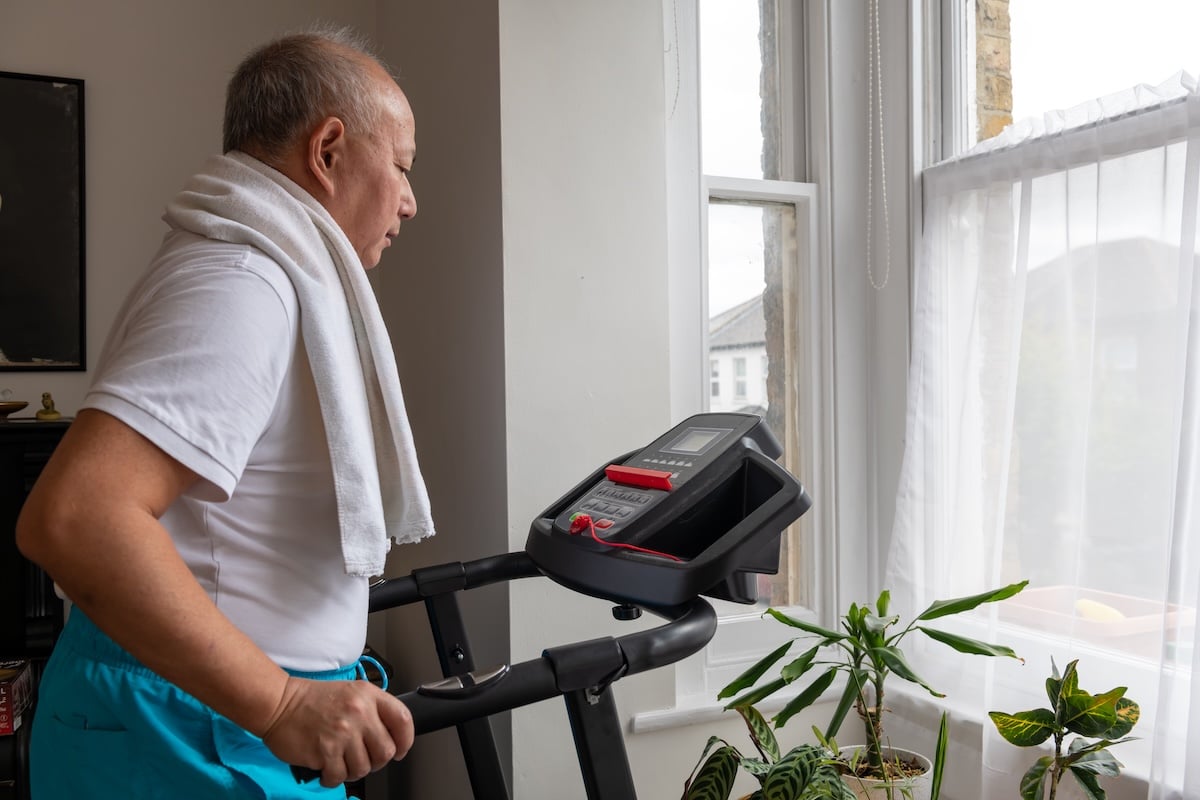For many older adults, maintaining their sexuality is an important part of their lives. But, unlike their younger counterparts, older adults may find they experience unique issues when it comes to their sexual health.
Fortunately, a lot of these issues have simple solutions. So, if you’re interested in maintaining your sexuality as you age, read on to learn about some common sexual problems for older adults and what you can do about them.
Senior sexuality: What to know about common sexual problems
The normal physical changes that occur with age can make it difficult for you to enjoy sex. However, men and women may experience different changes. However, when it comes to senior sexuality, that doesn’t mean your peers are decreasing their sexual activity. According to the Longitudinal Study on Ageing, 60 percent of men between ages 70 and 80 are sexually active and 34 percent of women in the same age group are sexually active.
What’s more, a study by the National Commission on Aging revealed that women over 70 find sex as more satisfying than they did when they were in their 40s.
If you’re experiencing—or your partner is experiencing—any of the changes below, there are solutions available if you wish to continue or improve your sex life.
Changes in women: Some women may find their vaginas are less lubricated than they once were. This can be due to the thinning and narrowing of vaginal walls that happen with age. A water based lubricant can help with this issue. If you find you still experience this common sexual problem despite at home measures, talk to your doctor.
Changes in men: For some men, impotence can become an issue as they age. For many men, this problem happens occasionally, but if it happens frequently, speak with your doctor.
What’s behind common sexual problems?
Sometimes factors other than age can play a role in sexual function. These include things like:
- Conditions like arthritis or any condition that can cause chronic pain.
- Illnesses like diabetes or heart disease. Diabetes can cause impotence in men and vaginal yeast infections in women. Heart disease can affect your ability to get aroused.
- Medications like blood pressure medicines, antihistamines, antidepressants or tranquilizers can cause impotence, vaginal dryness or reduce sexual desire.
- Drinking too much alcohol can cause erection issues or delay orgasm.
- Surgeries like hysterectomies, mastectomies, or prostatectomy can all affect a person’s desire or ability to have sex.
If you or your partner are experiencing common sexual problems, whether as a result of aging, medications or health conditions, talk with your partner and your doctor. There are solutions available if you’re interested.














